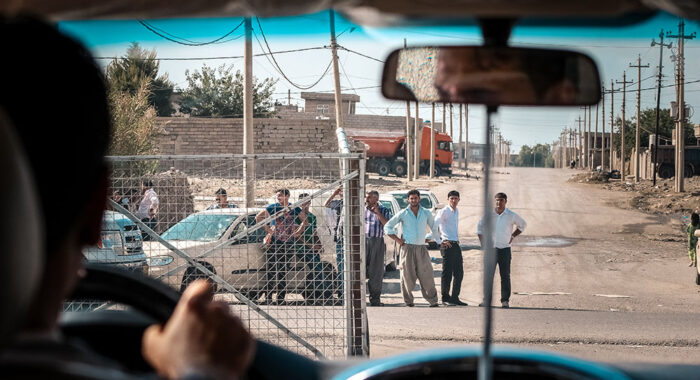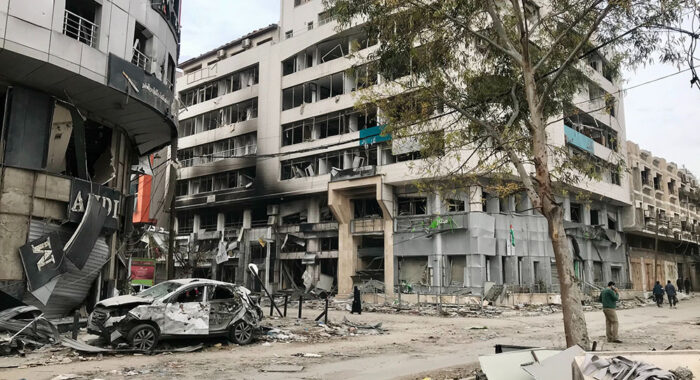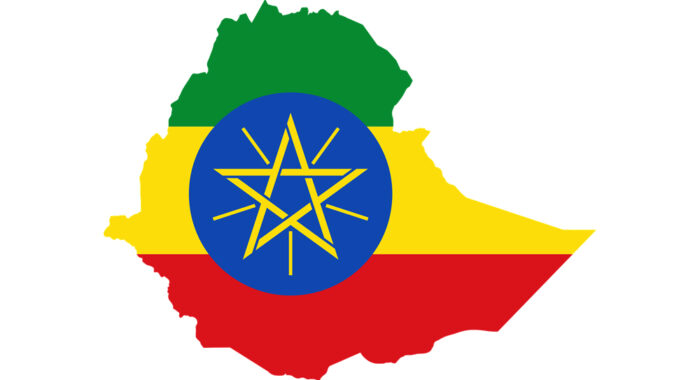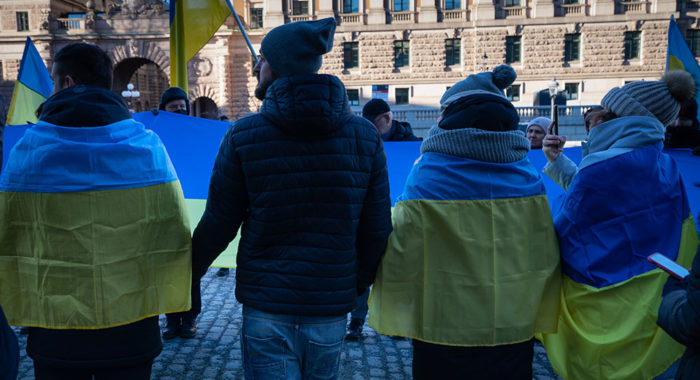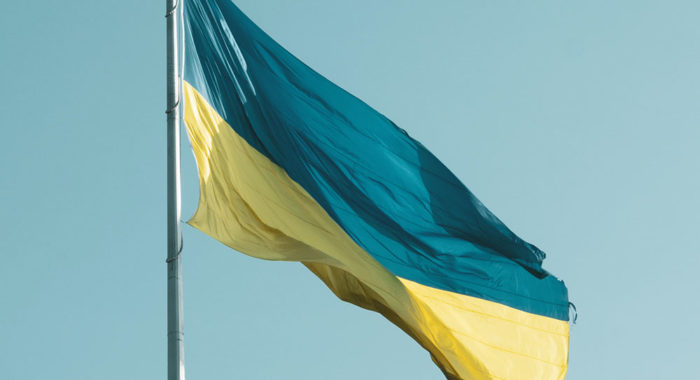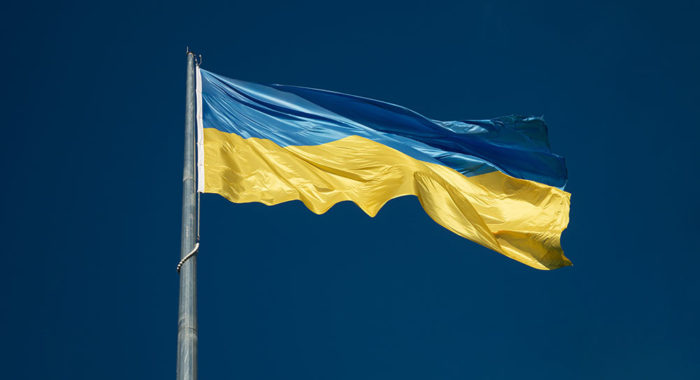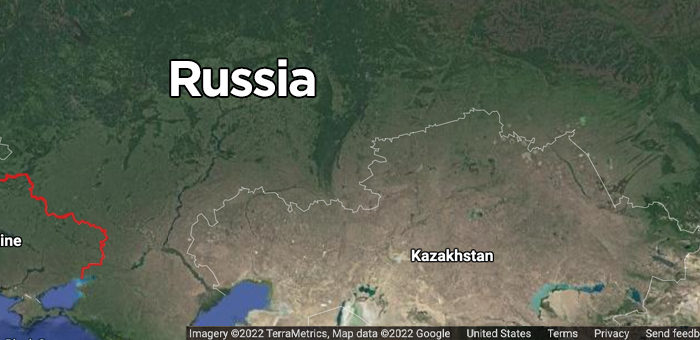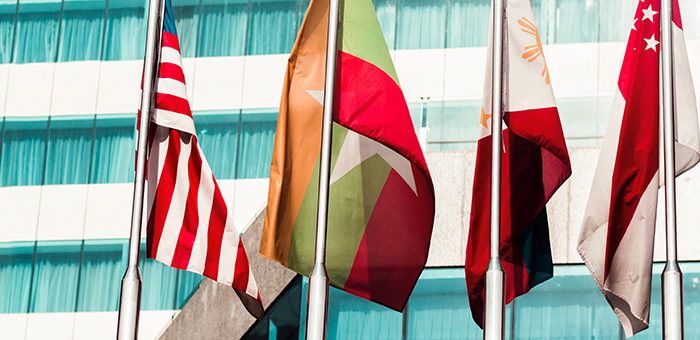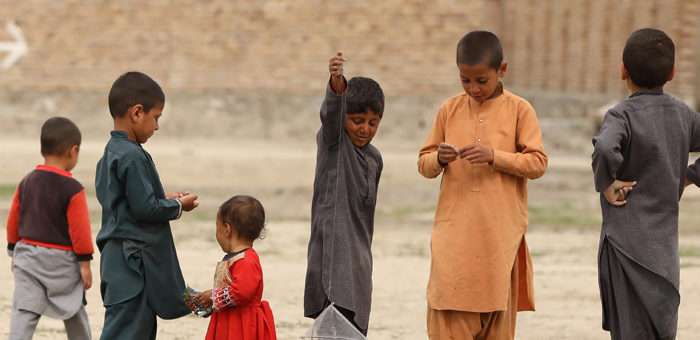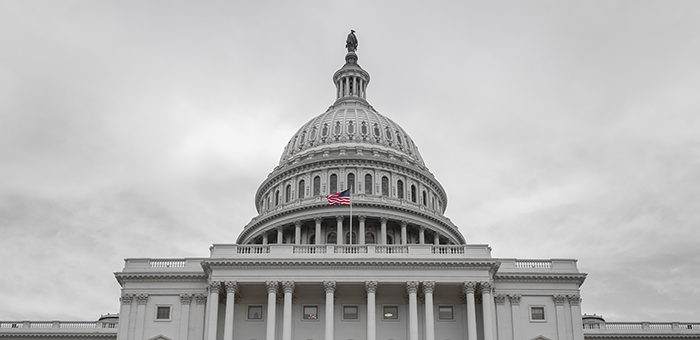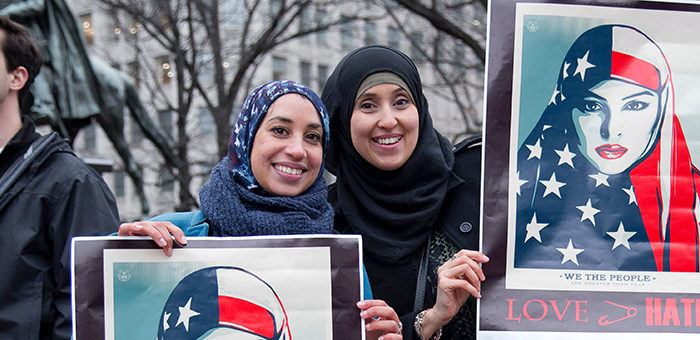Most U.S. evangelical leaders express qualified support for continued U.S. military engagement in Afghanistan, according to the August Evangelical Leaders Survey.
Many agree with Steve Moore, President of The Mission Exchange, who said, “We have no choice but to finish what we started, but I’m increasingly doubtful we can solve the problems we are facing with traditional military options.”
The survey highlighted the complexity of judgments toward the war with 34 percent of evangelical leaders opting to answer “Other” to the yes/no question “Should we be fighting the war in Afghanistan?” Only two respondents did not include a comment with their answer.
“The question is far too complex for a simple yes or no response,” said Jerry Dykstra, Executive Director of the Christian Reformed Church. “We entered Afghanistan under certain specific circumstances, but the situation has changed significantly since 9/11. Our presence has changed the country…To now leave without assuring the safety of the Afghan people would be both immoral and inhumane.”
Many who indicated that the United States should be fighting in Afghanistan cited the need to limit terrorism and to protect the Afghan people against a repressive regime. Some believe the war should be prosecuted more vigorously and with clearer objectives. Other leaders urged an increase in humanitarian rather than military aid and questioned U.S. involvement in nation building.
NAE President Leith Anderson said, “Most evangelicals in America subscribe to the theological position called ‘Just War Theory,’ that it is morally justifiable to go to war under certain conditions. The problem with Afghanistan is that the nature of the war is so complex that it is difficult to know whether this falls within the confines of a just war.”
The Evangelical Leaders Survey is a monthly poll of the Board of Directors of the National Association of Evangelicals. They include the CEOs of denominations and representatives of a broad array of evangelical organizations including missions, universities, publishers and churches.



 View All Surveys
View All Surveys 
